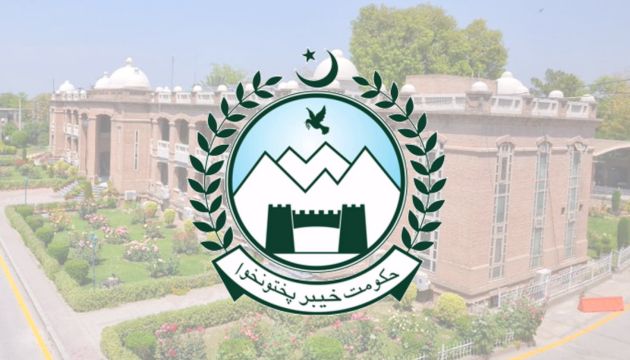PESHAWAR: The Khyber Pakhtunkhwa (KP) government plans to shift from the current unfunded pension system to a funded one by 2045, according to official documents. By that time, all employees under the old system are expected to retire.
A private newspaper reported that KP replaced the unfunded pension scheme with a contributory system in 2022 for newly hired government employees.
In the new budget announced recently, the provincial government has proposed a 10% increase in salaries for current employees and a 7% raise in pensions for retired employees for the 2025–26 financial year.
This increase will raise the province’s total spending on salaries and pensions to Rs875 billion—Rs680.39 billion for salaries and Rs194.97 billion for pensions—making up 41% of the total Rs2.12 trillion budget.
Pay, Pensions Take Big Chunk of Budget
The documents state that salaries and pensions are the biggest part of the province’s expenses. Due to rising costs, there is little money left for development and non-salary needs. As a result, key areas like road repairs, school textbooks, and medicines for hospitals are facing a shortage of funds.
For the next fiscal year, the pension increase is set at 7%, down from the current year’s 17.5%. This move reflects the government’s aim to save money for development projects and manage recurring expenses more carefully.
— ALSO READ —
Pakistan unveils national electric vehicle policy 2025–30
The documents highlight that pension payments are becoming a serious financial challenge across the world. In Pakistan, the situation is more difficult because the pension system is not backed by funds.
“Many public sector departments in Pakistan are under pressure and some can’t even pay commutation due to financial problems,” one of the documents states.
An actuarial report estimated KP’s total pension liability at Rs3 trillion in June 2020, with 540,000 serving employees and 170,000 pensioners. That number has now grown to over 600,000 active employees and 228,000 pensioners, pushing the pension liability to more than Rs3.5 trillion.
Pension spending for the current year is Rs160 billion and is expected to reach Rs193 billion next year. This increase puts heavy pressure on the province’s budget.
First Province to Start Funded Pension System
To address the issue, KP became the first province in the country to introduce a funded pension system known as the Defined Contribution (DC) scheme for new employees.
Since the launch of the scheme, 59,433 employees have been enrolled. The government contributed Rs1.5 billion as the employer’s share in the current year, and this amount will increase to Rs2.4 billion next year.
— ALSO READ —
Pakistan raises Rs1.2tr in bond auction amid rising investor confidence
During the transition period until 2045, the government will continue funding both the old Defined Benefit (DB) pension system and the new DC scheme, resulting in a dual pension burden.
Despite short-term pressure, the government believes this step is crucial for long-term savings and financial stability. After 2045, only the DC system will remain, which will reduce the province’s pension liabilities.
Pension Reforms Under Consideration
The documents also mention that the government is planning changes to the current DB system to ease the financial load. These changes, called “parametric reforms,” may include adjustments to the retirement age, pension calculations, and annual increases.
The aim is to reduce pension expenses and possibly complete the transition to the DC system before the 2045 deadline.











